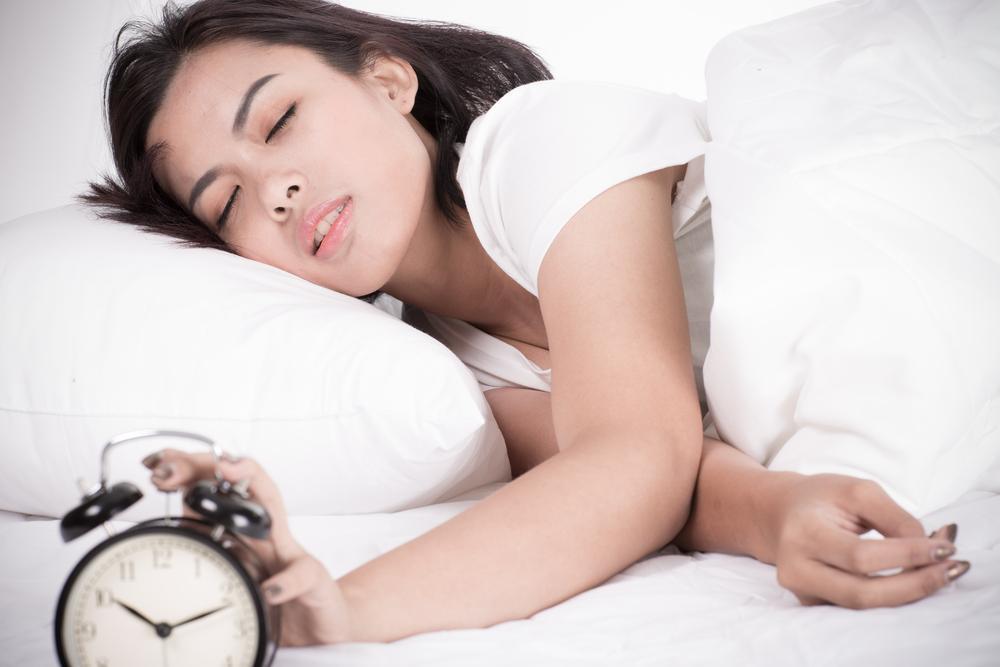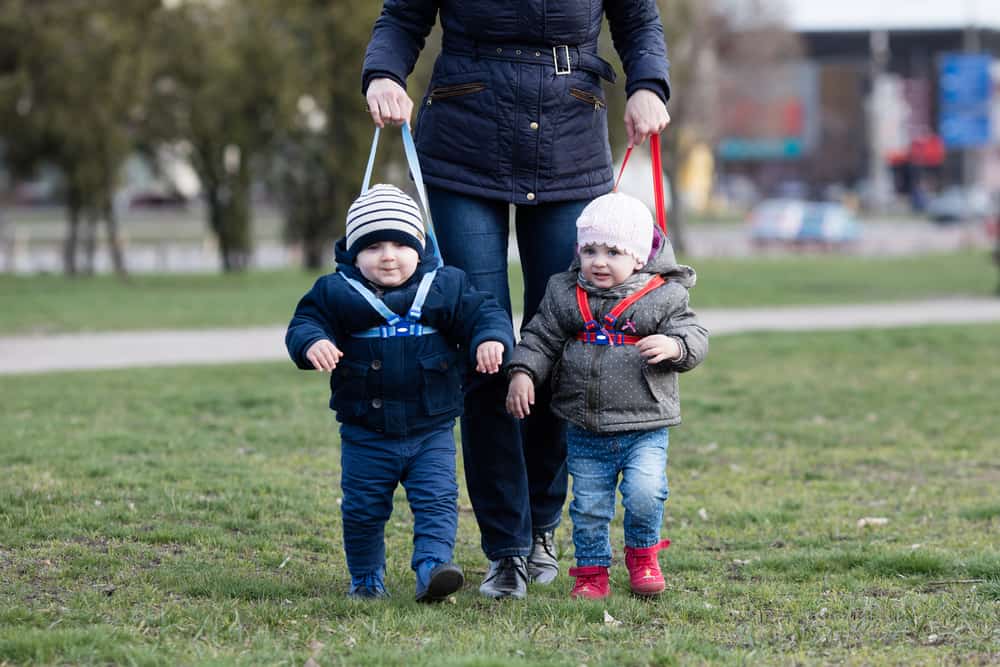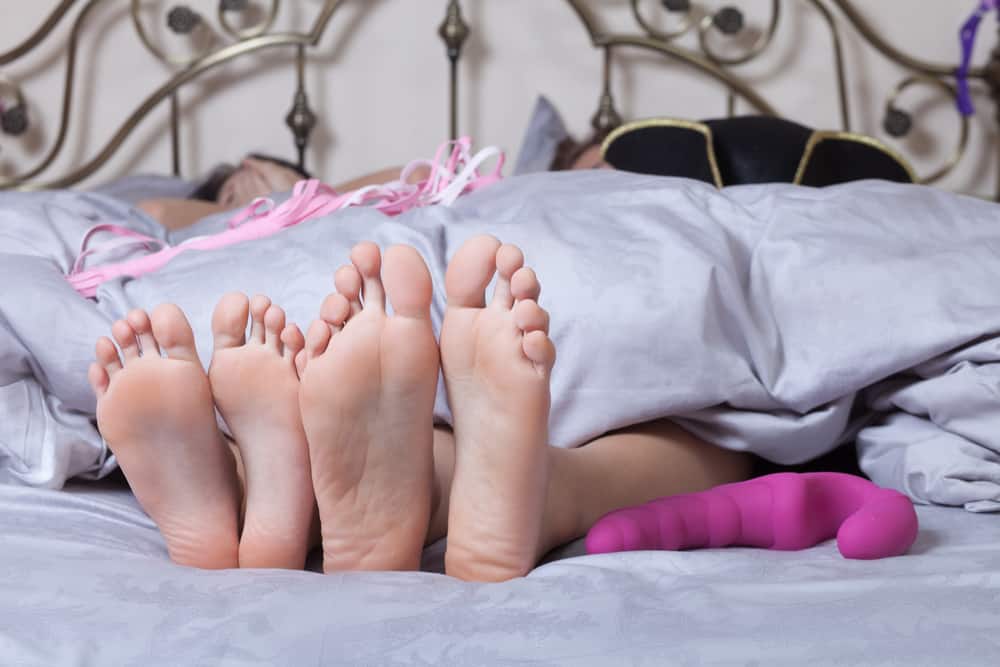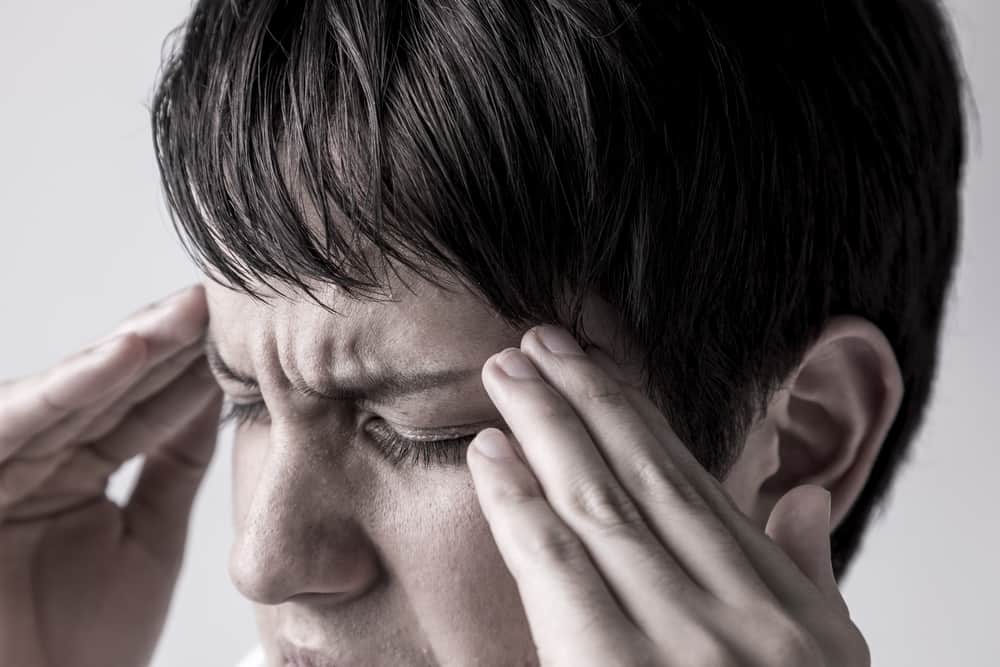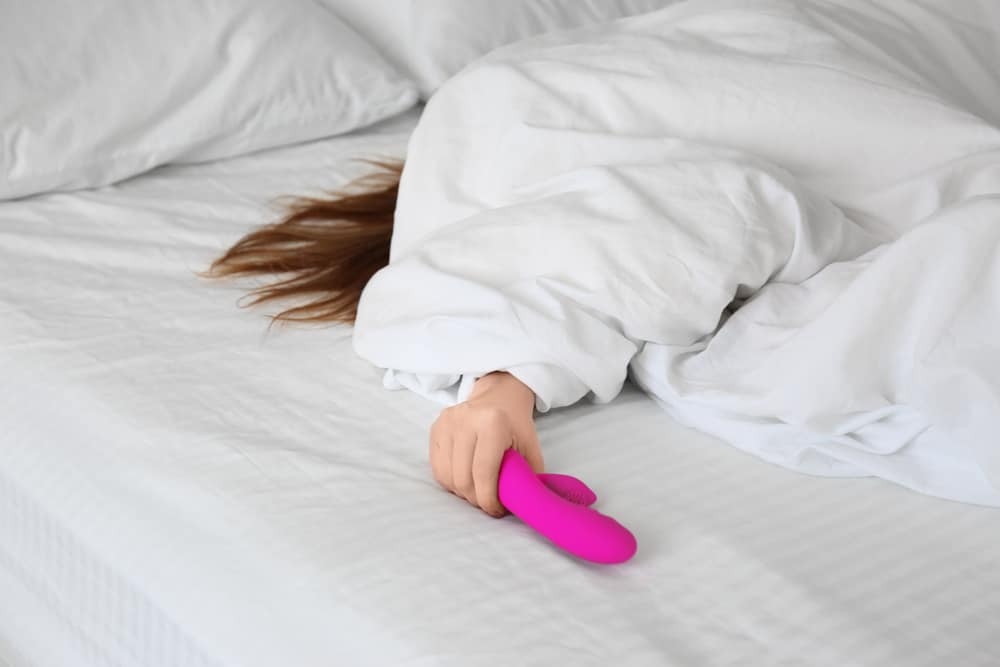Contents:
Medical Video: NF - How Could You Leave Us
Living in a society where the activity starts as soon as roosters crow and finish when the sun sets, people who like to wake up late often get a bad reputation. It's said to be lazy or undisciplined. But if you belong to a group of people who like to wake up late, don't be discouraged. Waking up in the afternoon turns out to be a special characteristic of DNA that is inherited in your family for generations. Why, why is that?
Sleep and wake up are determined by the body's biological clock
All living things, including humans, have natural work schedules that are "embedded" in themselves to follow all changes in physical, mental, and human behavior in a 24-hour cycle. This is called a biological clock or circadian rhythm.
This internal "clock" determines whether you are a person who tends to like to get up early or wake up late. Circadian rhythms are regulated by the suprachiasmatic nerve (SCN) in the brain and are also affected by temperature and light conditions in the environment around you. However, this is also more or less influenced by the genetic code in your DNA.
Certain DNA mutations can make you accustomed to getting up to sleep early
David Hinds, a statistical geneticist at 23andMe, a private genetic testing company headquartered in Mountain View, California, studied more than 89 thousand DNA samples from saliva samples from research volunteers. He then asked participants to answer a simple question: are they the type of person who gets up early or gets up late.
In this study, principal investigator Hinds and his colleagues conducted a so-called genom-wide relationship study (GWAS), in which they looked at different versions or variants of genes to determine if there was anything related to a specific trait - in this case, be a morning or evening person.
By comparing survey responses with information from participants' DNA, the scientists then analyzed whether there was a single gene mutation - called a single nucleotide polymorphism, or SNP - that appears more frequently in people who classify themselves as early risers. They found that having just one of the 15 genetic variants in DNA increased the tendency of people to get used to getting up early at 5 percent and 25 percent.
And of the 15 genetic variants found related to the tendency to wake up early, seven of them are near genes that are known to play a role in the circadian rhythm. Some of these genes are also close to the groups involved in the work of our sense of sight to feel light from outside. The closeness of this gene shows that they tend to have related functions - specifically to tell us when to wake up.
Time to wake up, different types of genetic mutations
David Hinds's study concluded that the more mutations in genetic variation found in a person's DNA chain, the higher the person's tendency to wake up early. Those who like to wake up late also have genetic mutations in their DNA chains, but the types of mutations found are different.
A study in the journal Cell found that people who stayed up late and had difficulty waking up on time had genetic mutations that slowed their circadian clock. The circadian clock regulates your sleep and wake patterns in one day per 24 hours.
People who have this genetic mutation, called CRY1, spend more time sleeping - they can only sleep two to two and a half hours later than those who do not have mutations. This makes their schedule not run harmoniously with most other inhabitants of the earth.
Unwittingly, "People who have genetic mutations in their bodies have a day cycle longer than destined, so they basically live to catch up all their lives," said Alina Patke, head of the study, reported from Tonic.
Sleeping late is associated with many health problems
A chaotic sleep cycle can make it difficult for a person to sleep on time and sleep well at night. Waking up late is usually diagnosed as a sleep phase delay or delayeddelayed sleep phase disorder (DSPD), and has been linked to serious health effects, including anxiety, depression, cardiovascular disease, and diabetes. Studies show DSPD affects up to 10 percent of the world's population.
Not all DSPD cases can be associated with CRY1 mutations, but this is the first time gene mutations have been involved in this disorder. But genetic mutations also do not mean that those who like to wake up late will be doomed to live like that for the rest of their lives.
Born with a tendency to wake up in the morning or broad daylight it might be a little difficult for the owner of the body to change their circadian clock. But both of them can both continue to function well in the community and lead a healthy and productive life.
This is because the circadian clock responds to external signals. This means that your body's biological clock is easy to adapt and can be managed with a sleep routine that is maintained by going up, as well as adequate sun exposure during the daytime. A number of these factors also allow a person to recover from jet lag, or work as a flight attendant and shift workers whose working hours are turned back and forth.

